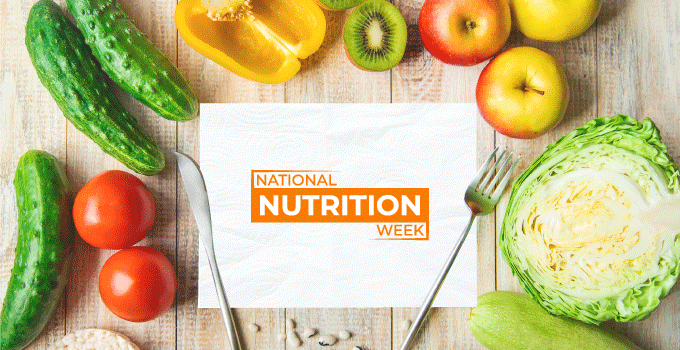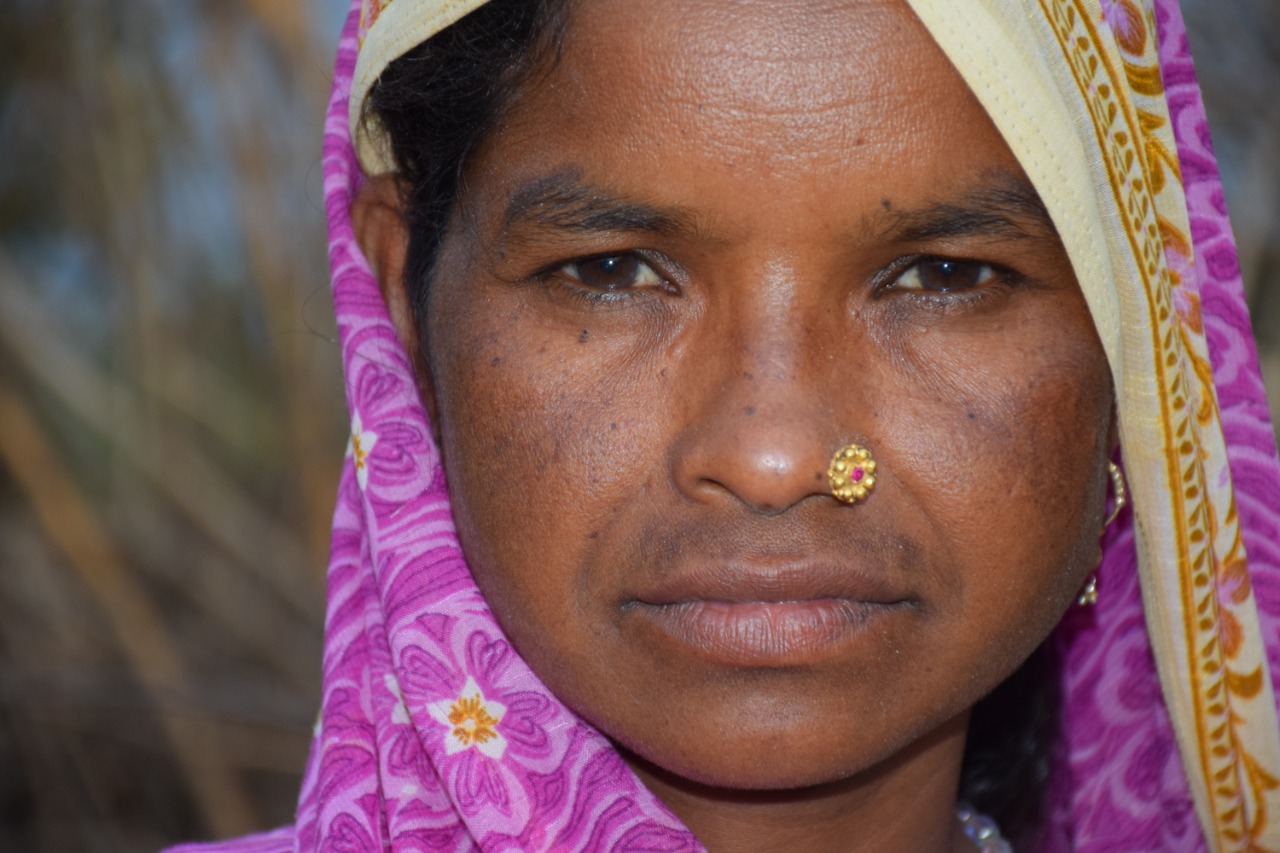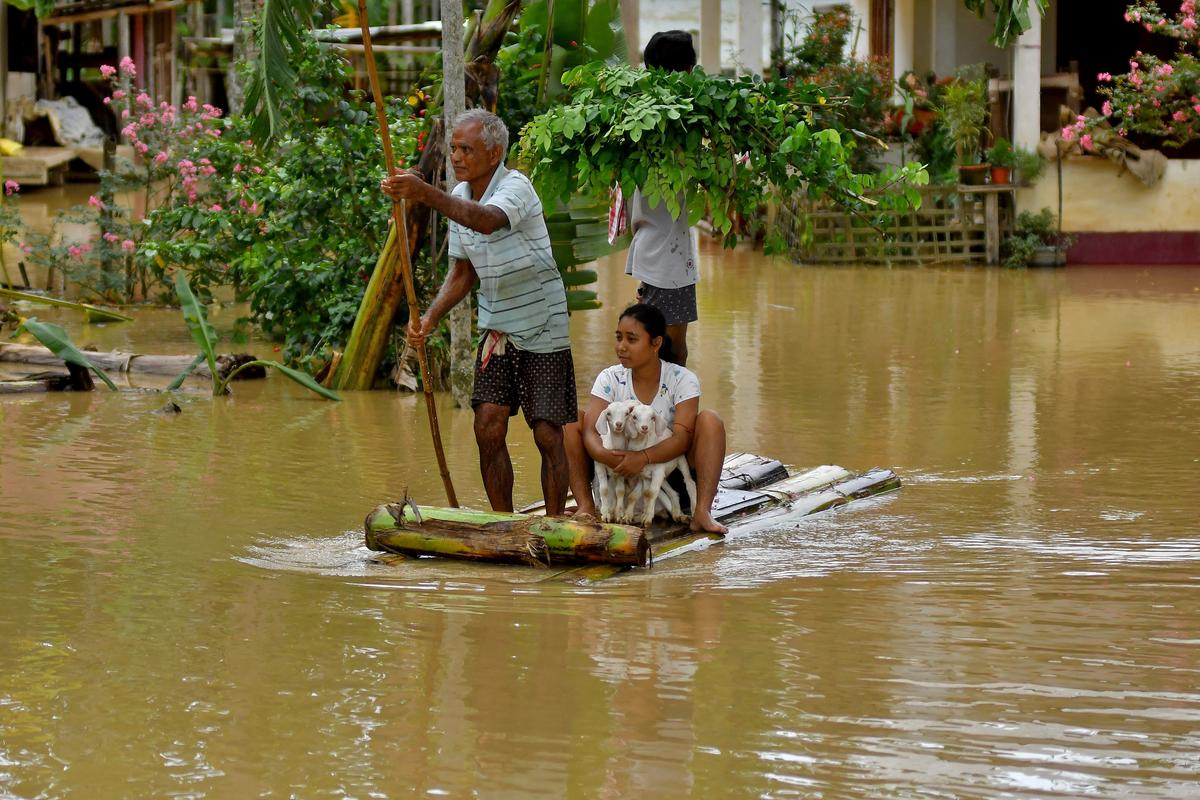CASA BLOGS

National Nutrition Week India: The Ultimate Guide to Eating Healthy
So, you’re probably thinking, why another week of promoting healthy eating? Well, the answer to that is simple – it has become all-important to do so. The average Indian diet is not just unhealthy but also unbalanced. In other words, there’s too much of some things and not enough of others. The result? An alarming increase in lifestyle diseases amongst Indians. Fuelled by a steady rise in sedentary jobs and increasing urbanization, an increasing number of people are living unhealthy lifestyles with reduced activity levels and an overabundance of carbohydrates from sugars in fast food diets coupled with a scarcity of fresh vegetables or fruits in most households. Now more than ever before, we need to step up our awareness about nutrition and its effects on our long-term health. Thankfully, we have National Nutrition Week India to help us do exactly that!
What is National Nutrition Week?
The National Nutrition Week is an annual event that is organized by the Food and Nutrition Board of The Government of India. to create awareness about healthy diet and nutrition among citizens. The campaign usually takes place in the 1st week of September. Celebrating a world of flavours is the theme this year. The main objective of the campaign is to create awareness about the importance of a healthy diet and incorporate it as a lifestyle change rather than just a one-time initiative. It also aims to educate citizens about the nutrients that their bodies need to stay healthy and active for longer periods of time, as well as dispel myths about how to achieve this. The campaign also works towards finding ways to improve the current Indian dietary patterns so that they are more nutritious and beneficial for overall health. During the National Nutrition Week, events are held across the country to promote healthy eating and educate people about the importance of a healthy diet. These events include exhibitions, seminars, lectures, workshops, nutrition camps, cook-offs, and other interactive sessions.
The Importance of Eating Healthy
You might be wondering, why is it so important to eat healthy? Well, as we’ve already discussed, when you eat well and get the right nutrients you not only have a healthier body but also a more energetic one. Eating a well-balanced diet will help you to maintain a healthy weight, prevent diseases like heart disease or diabetes, increase energy levels, and improve your overall mood. In other words, eating well is a beautiful thing! Eating healthy is not as difficult as it might seem. There are a few things you can do to make sure your diet is as healthy as can be. Firstly, you should aim to eat at least five portions of fruit and vegetables every day. You should also try and consume whole grains, lean protein, legumes, and nuts and seeds regularly to get the most out of your diet.
Food for Health
If you’re someone who is new to the world of nutrition, then you might be wondering what the difference between macronutrients and micronutrients is. Well, macronutrients are proteins, fats, and carbohydrates which are the main source of energy for the body. Micronutrients, on the other hand, are vitamins, minerals, and fibre which are essential for maintaining your overall health. It is important to ensure that your body gets sufficient amounts of all the above-mentioned nutrients. When it comes to macronutrients, Carbohydrates are the main source of energy in the Indian diet. Foods that are rich in carbohydrates include rice, wheat, pulses, fresh fruits and vegetables, milk, and yogurt. When it comes to fats, the Indian diet is rich in saturated fats but low in monounsaturated fats. As a result, there is a higher risk of contracting diseases like diabetes and heart disease. You can reduce the amount of saturated fats in your diet by switching to healthier cooking methods like steaming, boiling, roasting, or baking.
How to Eat Healthy
– Eat at Regular Intervals: Make sure you’re eating at regular intervals throughout the day rather than just having a big meal at the end of the day. This will help regulate your blood sugar levels and keep your energy levels consistent throughout the day. – Replace White Rice with Whole Grains: Replace your regular serving of white rice with whole grains like brown or red rice. Whole grains are rich in fibre and have a lower glycemic index. – Eat Fruit at Regular Intervals: Fruits are rich in vitamins and antioxidants but should not be consumed at regular intervals as they have a high sugar content. – Consume Two Types of Fats Daily: Make it a point to consume two types of fats daily. This can be done by switching to healthier cooking methods and consuming foods like nuts, avocados, or olives. – Include Fibre in Your Diet: This can be easily done by switching to whole grains and fresh fruits and vegetables.
Conclusion
Eating well is an important part of a healthy lifestyle. To get the most from your diet, try to eat more whole grains, fruits, and vegetables, and fewer processed foods. Make sure to split your daily calorie intake between proteins, carbohydrates, and fats. And, most importantly, don’t forget to drink lots of water as it is vital for good health and will help you stay hydrated. If you follow these simple steps, you’ll not only be eating healthier but you’ll also be contributing to a healthier nation! So, what are you waiting for? Make these habits a part of your daily diet and you’ll be reaping their benefits in no time.
Featured Post

Mental Health Awareness in India: Addressing Key Challenges
8 Nov 2024
Mental health awareness is crucial in India, where millions silently struggle with mental health disorders, including depression, anxiety, and bipolar disorder. Despite growing recognition, India faces unique challenges in effectively addressing mental health issues. The stigma associated with mental illness remains a primary barrier. In Indian society, mental health issues are often misunderstood, leading to […]

Ensuring Girls’ Safety in India: A Path Toward Empowerment
20 Aug 2024
Girls’ safety in India remains a critical issue that has garnered increasing attention over the years. Despite various reforms and efforts from both government and civil society, challenges persist. From street harassment to domestic violence, gender-based discrimination continues to limit the freedom and safety of girls. While significant progress has been made in addressing these […]

The Connection Between Monsoons and Floods in India: An In-Depth Analysis
9 Jul 2024
India, a land of diverse climates and geographical features, relies heavily on the monsoon season for its agricultural and water resources. However, with the benefits of the monsoon rains come significant challenges, particularly in the form of floods. This blog explores the intricate relationship between the monsoon season and flooding in India, providing detailed insights […]


 Previous Blog Post
Previous Blog Post 

Leave a Reply
You must be logged in to post a comment.